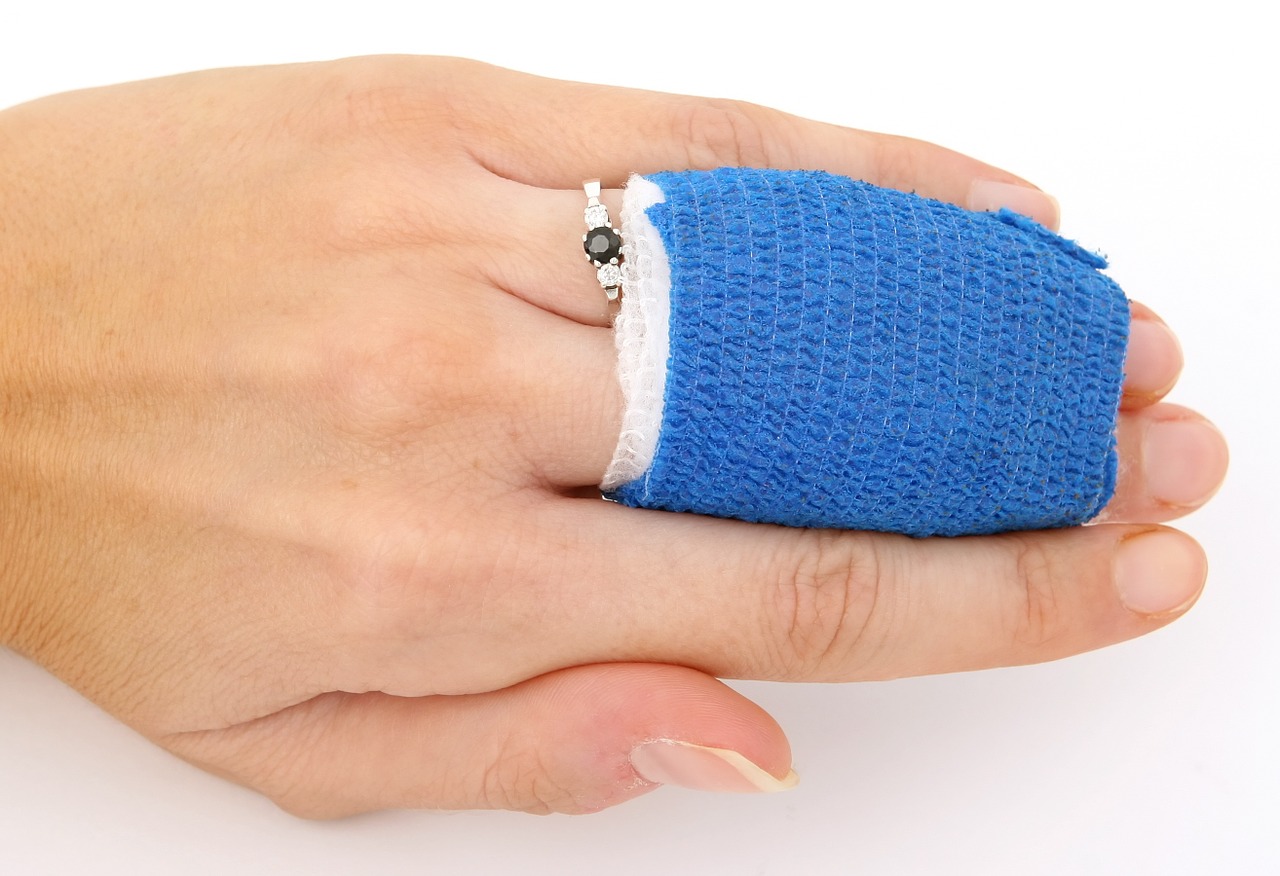An entire family in Italy has a genetic condition that prevents any of them from feeling physical pain. By examining them, experts hope to one day find new treatments for chronic pain.
The Marsili family has six members who have a rare condition called congenital analgesia or congenital insensitivity to pain, Tech Times reports.
This means they can experience what should be painful injuries such as bone fractures without feeling any physical pain at all.
Those who have this condition can tell the dissimilarity between sensations like hot and cold, or sharp and dull. But they can’t tell if, for example, a hot drink is already burning their tongue, as that is a painful feeling. The most interesting thing is that all of their nerves are present; they’re just not working the way they should.
The Marsili family also showed a low sensitivity to chili pepper, normal to high sensitivity to smells, and occasional hyperthermia. These unique characteristics have now been tagged as the Marsili syndrome.
Researchers did complete exome sequences to map out the protein-coding genes in the Marsili family’s genome. They then identified the gene ZFHX2 as the point of mutation and did more studies to better understand the mutation, and see how this will affect pain in mice.
The research team bred mice without ZFHX2 for the first experiment, and found that the pain sensations were modified. In the second experiment, they bred mice with ZFHX2 within the gene mutation and found that the mice had become insensitive to heat. The gene, they found out, was also connected to other genes that are related to signaling pain.
More studies are needed to fully understand the implications of this mutation to pain insensitivity, but the Marsili family’s participation allows scientists to look at new ways of treating chronic pain, which affects millions of people worldwide.
Dr. Abdella Habib of Qatar University and University College London, first author on the study, said, “We hope that our findings and the subsequent research projects will help find better treatments for the millions of people worldwide who experience chronic pain and don’t get relief from existing drugs.”
The study was published in the journal Brain.
























